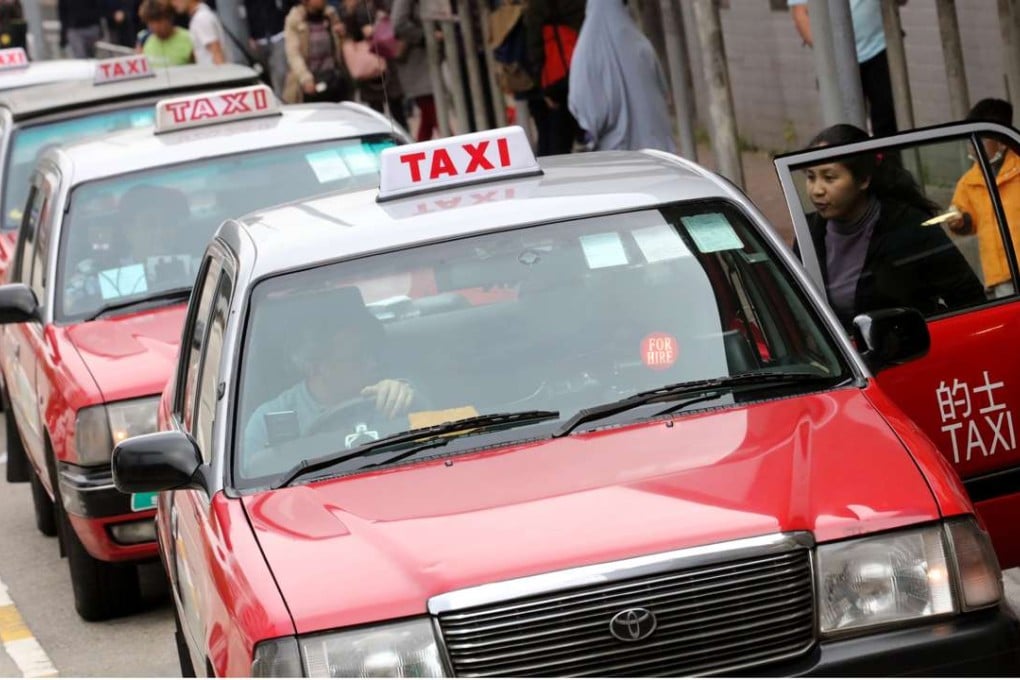Exclusive | Franchised cabs investment ‘too risky’ say Hong Kong’s four key premium taxi groups
Operators question viability of three proposed franchises and wonder whether cash-rich mainland firms will become involved and disrupt the market

Hong Kong’s four key premium taxi groups have cast doubt over a government plan to introduce franchised cabs, questioning its commercial viability despite the significant incentives on offer, including the waiver of close to HK$4 billion in licence fees.
The five-year trial may eventually benefit only cash-rich mainland investors who are eyeing a slice of the fragmented city taxi market, industry players say.
Adding fuel to the fire, the four premium taxi groups – SynCab, Jumbo Taxi, PrimeCab and Diamond Cab – all questioned the scheme, with none showing definite interest in bidding for franchise rights.
The four operators now run more than 200 premium taxis and this number will rise to 300 by the end of the year, providing larger compartments and upgraded facilities. Many of the vehicles will offer wheelchair access.